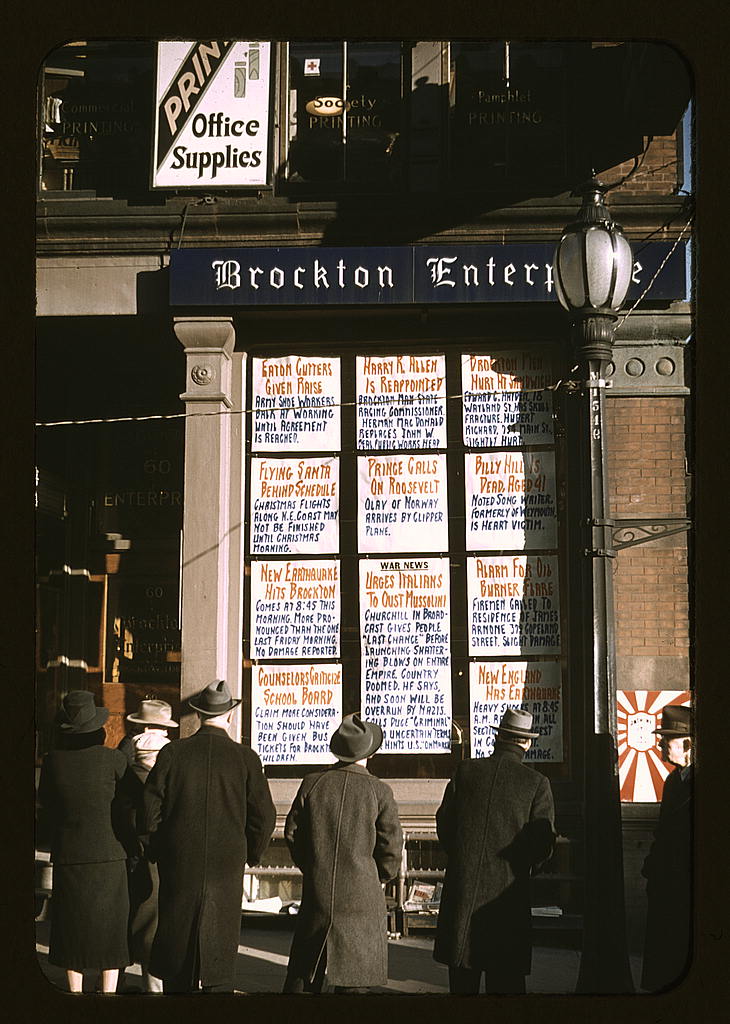IDG laid off my buddy Jim Dalrymple about the time I got the boot from eWEEK. Jim wasted no time starting a new enterprise, and at the right place: The brand. Jim brilliantly rebranded himself, and what he did should be lesson to any person or company looking to launch a new product or service.
It’s easy to dismiss Jim, because of “the beard.” You wouldn’t think he’s all that bright, because of the shag, which gets more in your face than his. Jim is so small town he doesn’t live in Halifax, Nova Scotia, but just outside the city. Most Americans would respond “Where?” if asked about Halifax. Hehe, that could be a “Jeopardy” answer. But greater Halifax, the largest city north of Boston and east of Montreal, is home to about 360,000 people.









